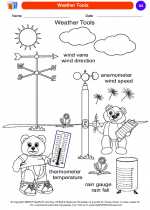Storytelling in Kindergarten Science
Storytelling is an important aspect of learning in kindergarten science. It helps children to develop their language skills, imagination, and understanding of the world around them. Through storytelling, children can learn about different scientific concepts in a fun and engaging way.
Why is storytelling important in kindergarten science?
Storytelling is important in kindergarten science because it helps children to make connections between scientific concepts and real-life experiences. It also allows them to explore and understand the world around them in a creative and imaginative way. Additionally, storytelling can help to develop children's language and communication skills, as well as their ability to think critically and solve problems.
How to incorporate storytelling into kindergarten science lessons
There are several ways to incorporate storytelling into kindergarten science lessons:
- Use picture books and stories that relate to scientific concepts, such as the water cycle, the life cycle of plants or animals, or the properties of different materials.
- Encourage children to create their own stories based on their observations and experiences in the natural world.
- Use puppets or props to act out stories that illustrate scientific concepts, such as the interactions between different animals in an ecosystem.
- Integrate storytelling with hands-on activities, such as using storytelling to introduce a science experiment or to reflect on the results of an experiment.
Study guide for storytelling in kindergarten science
Here are some questions and activities to help children engage with storytelling in kindergarten science:
Questions for discussion
- What is your favorite story about nature or the natural world?
- How do the characters in the story solve problems or learn new things about science?
- Can you think of a story that explains how plants grow or how animals survive in their habitats?
Activities
- Ask children to draw a picture of their favorite part of a science-related story and explain why they chose that scene.
- Encourage children to create their own story about a scientific concept, such as the water cycle or the life cycle of a butterfly.
- Use props or puppets to act out a story about a scientific concept, and ask children to join in and add their own ideas to the story.
◂Science Worksheets and Study Guides Kindergarten. Weather
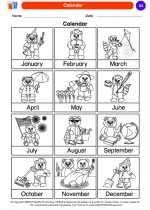
 Coloring Worksheet
Coloring Worksheet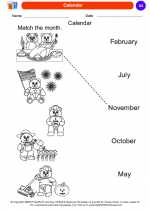
 Coloring Worksheet
Coloring Worksheet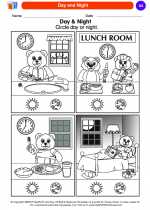
 Coloring Worksheet
Coloring Worksheet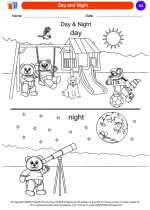
 Coloring Worksheet
Coloring Worksheet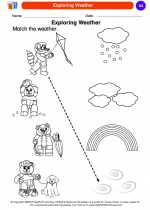
 Coloring Worksheet
Coloring Worksheet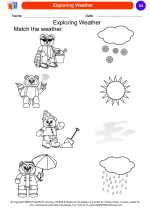
 Coloring Worksheet
Coloring Worksheet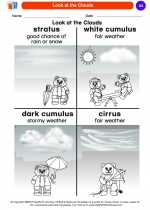
 Coloring Worksheet
Coloring Worksheet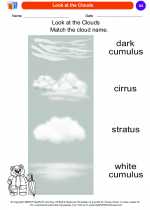
 Coloring Worksheet
Coloring Worksheet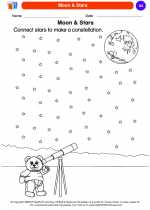
 Coloring Worksheet
Coloring Worksheet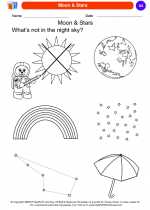
 Coloring Worksheet
Coloring Worksheet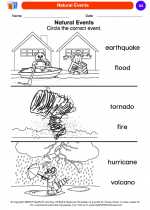
 Coloring Worksheet
Coloring Worksheet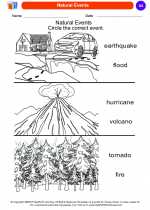
 Coloring Worksheet
Coloring Worksheet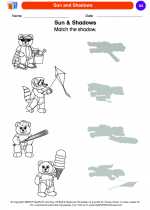
 Coloring Worksheet
Coloring Worksheet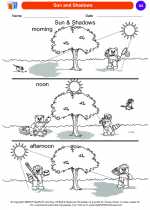
 Coloring Worksheet
Coloring Worksheet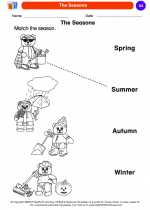
 Coloring Worksheet
Coloring Worksheet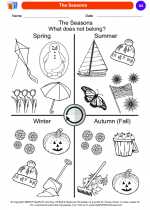
 Coloring Worksheet
Coloring Worksheet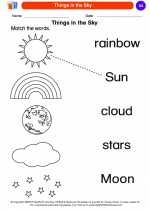
 Coloring Worksheet
Coloring Worksheet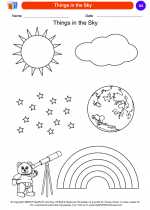
 Coloring Worksheet
Coloring Worksheet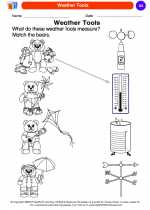
 Coloring Worksheet
Coloring Worksheet